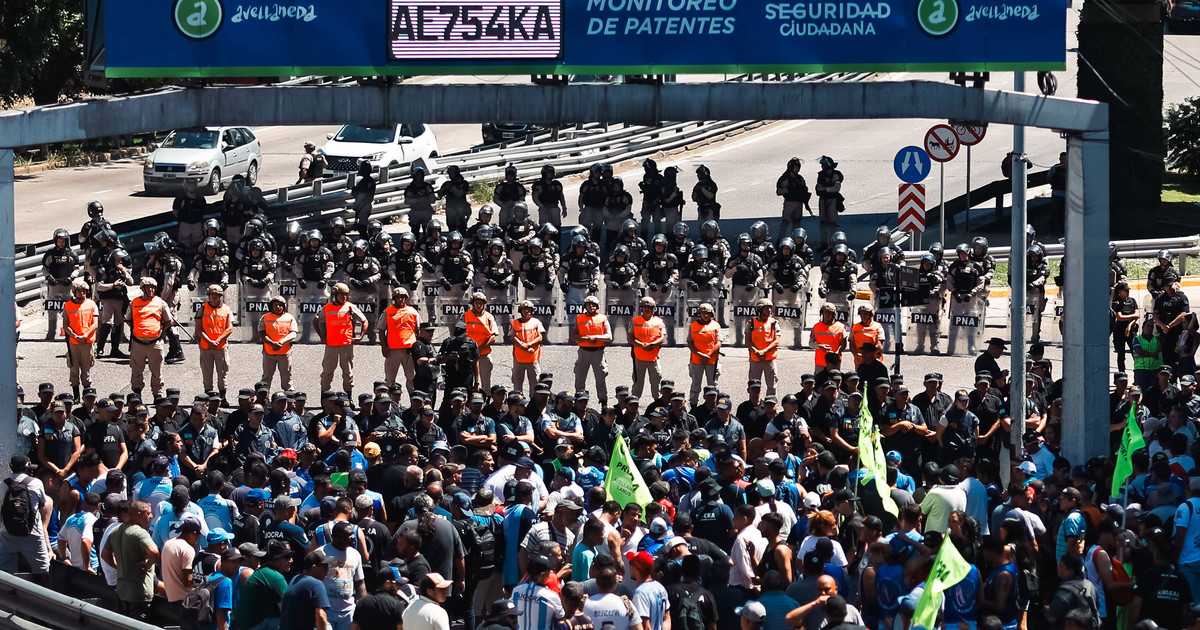The protests, which caused traffic chaos in the country's biggest cities, were called by the headquarters of Argentina's largest trade union, the General Confederation of Workers (CGT).
Shortly after noon, he refused to work, among other things. part of Argentina's airport crew, train workers and city bus drivers.
Tens of thousands of opponents of President Milei gathered in the center of the capital Buenos Aires, protesting the reforms he announced. The largest demonstration gathered in front of Congress, demanding that Parliament reject the regulatory changes initiated by President Milei's government.
What does the reform involve?
Banners carried by protesters read, among other things: “You cannot sell your homeland!”, “Stop cutting it!”.
The legislative procedures launched in Congress concern several dozen reforms that significantly change the functioning of the Argentine economy, including: allowing the privatization of state-owned companies and tightening sanctions for paralyzing road traffic during demonstrations.
Hector Daer of the CGT leadership stated at Wednesday's rally in Buenos Aires that security forces made it difficult for many demonstrators to reach the rally held in front of the parliament building, as well as the second major demonstration – in front of the presidential palace. .
Criticism of protests
In contrast, Argentina's Minister of Foreign Affairs, Diana Mondino, criticized the protest organizers, stating that the strike was unjustified due to the shortness of Milei's time in power. In his comments on Wednesday, he added that the protests were not supported by employees, but by “big business.”
“This strike has no justification. It was organized by millionaire oligarchs driving chauffeur-driven armored cars,” wrote Minister Mondino on the X network.
Sworn in last December as president, Javier Milei supported the implementation of a very liberal economic program for Argentina. At the same time, he declared himself a supporter of the Catholic Church loyal to tradition and distanced himself from contacts with the leaders of left-wing regimes in South America.

“Reader. Future teen idol. Falls down a lot. Amateur communicator. Incurable student.”


![Bogusław Wołoszański: “Achieving nuclear weapons would be the beginning of World War III” [WYWIAD]](https://storage.googleapis.com/bieszczady/rzeszow24/articles/image/877236c0-66fd-457a-9eb4-41792f9077ff)




